SUMMARY
This is AI generated summarization, which may have errors. For context, always refer to the full article.
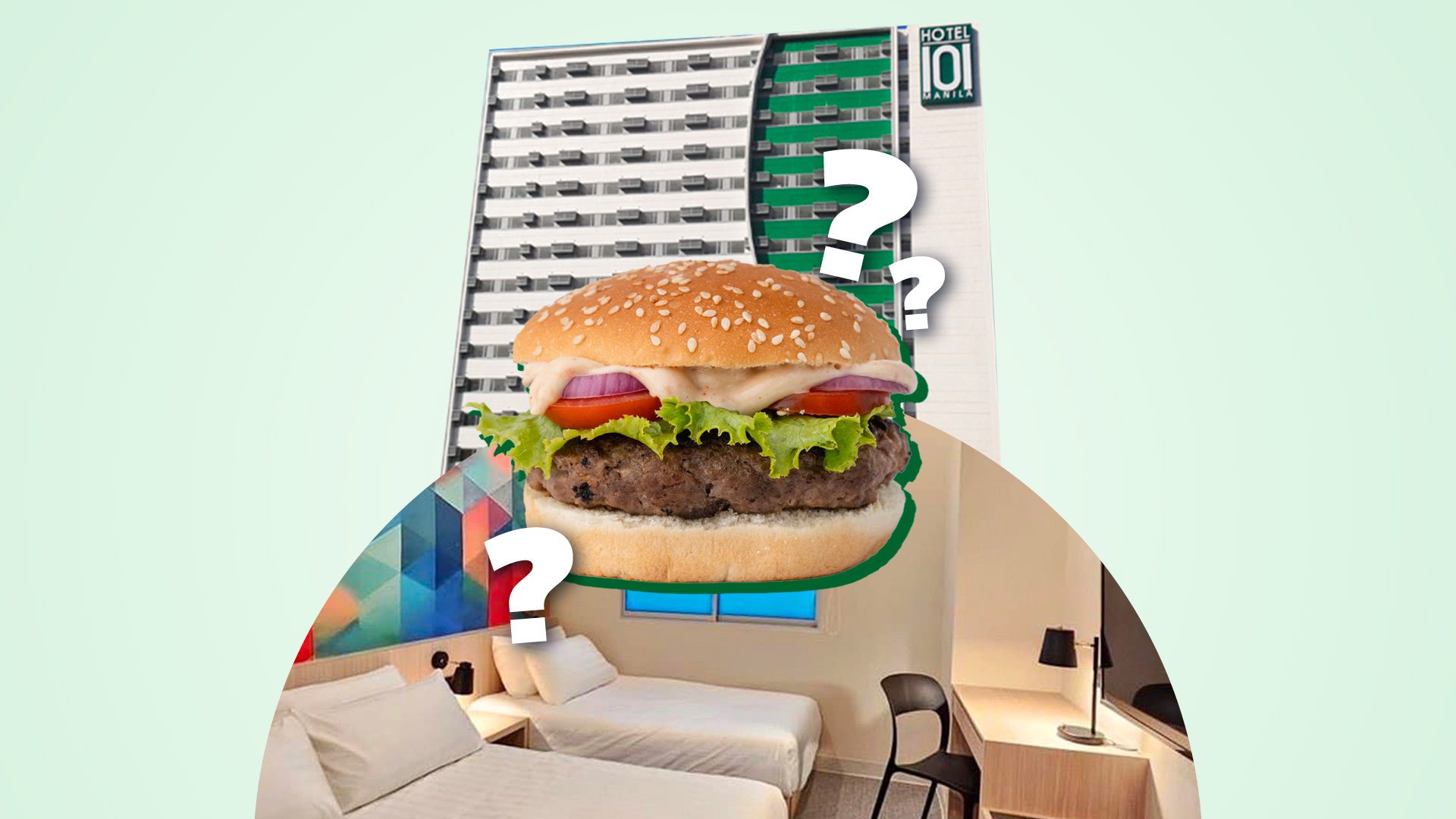
MANILA, Philippines – Filipino tycoon Edgar “Injap” Sia II, founder of Philippine fast-food chicken brand Mang Inasal, has likened his hotel business to fast-food burgers.
As Sia’s DoubleDragon Corporation applies “standardization” to its global hotel chain, Hotel 101, its top executives said on Thursday, February 8 that it will be the only branded hotel chain in the world to have rooms that will be the same type in all countries where Hotel 101 will be established.
In a disclosure, investment management company DoubleDragon said the Hotel 101 chain will have “literally 1 type of room, all the same sizes, all the same fit out, all the same bulb, door knob, the same bed size.”

“Eventually we see Hotel 101 rooms to be just like that one iconic hamburger in a global fast-food chain, it is the same no matter where you go – yes, the price changes as costs vary from country to country, but the burger doesn’t change,” said Hotel 101 CEO Hannah Yulo-Luccini.
DoubleDragon calls its 21-square-meter signature space the “Happy Room.”
“The opportunity that we see globally in the hospitality space is that of standardization because we believe it brings unbeatable efficiency, especially for the mid-end segment,” said DoubleDragon chair Sia, also likening it to the budget airline business.
“Take for example the budget airline industry – essentially all budget airlines sell one product across the whole industry and that product is the economy seat,” he said.
DoubleDragon said Hotel 101 is “efficient to build, efficient to maintain, efficient to operate,” resulting in cheaper room rates of up to 30% in the 3-star hotel category.
“Unbeatable efficiency comes from having around five times the usual size of other branded 3-star hotel chain, as Hotel 101 on average has 500 rooms per site, and efficiency brought about by having literally only 1 type of room,” the publicly listed firm said.
“The latest Hotel 101 typical room now comes with prefabricated toilets, and standardized flat pack furniture and a single type of bulb within the whole building. A customer literally knows what to expect wherever they may be,” it said.
Booking a room is also expected to be fast since there is only one standard room.

Standardization is a common practice in the fast-food business since it allows restaurants to serve food quickly. It also allows for economies of scale since companies get lower prices from suppliers by buying more of the same item, translating to lower costs and cheaper food.
George Ritzer, an American sociologist, became famous for coining the word, “McDonaldization.” In 1993, he wrote the article, “The McDonaldization of Society,” which pointed out McDonald’s principles – efficiency, calculability, predictabilty, control – that have been applied to society, and pointing out some negative consequences.
DoubleDragon claimed there is no hotel brand worldwide that has more than 100,000 rooms of the same type.
Similar to the airline industry, Hotel 101 currently applies “dynamic pricing” on the room rates wherein the room price moves up and down depending on the real time supply and demand on the chosen date of booking.
‘Never been done’
Hotel 101 is the first Filipino hotel chain to go global. It is currently undertaking three Hotel 101 projects abroad.
Hotel 101 in Madrid, Spain, will have 680 rooms. It is set to open in the fourth quarter of 2025.
Hotel 101 in Niseko, Hokkaido prefecture, Japan will have 482 rooms and is set to be launched in 2027.
Hotel 101 in Los Angeles, USA, will have 622 rooms.
“These first three overseas sites will serve as bridge projects to jumpstart the transition of Hotel 101 to transcend beyond these first three countries and become a global brand with a truly unique business concept that can be planted in over 100 countries,” the company said.
DoubleDragon is planning to launch Hotel 101 projects in 22 other countries by 2026: United Kingdom, UAE, India, Thailand, Malaysia, Vietnam, Indonesia, Saudi Arabia, Singapore, Cambodia, Bangladesh, Mexico, South Korea, Australia, Canada, Switzerland, Turkey, Italy, Germany, France, and China.
In October 2023, DoubleDragon opened its Global Corporate Office and Global Sales Hub in Singapore, which showcases its Happy Room.
DoubleDragon’s global vision for Hotel 101 is to have a portfolio of one million hotel rooms in 101 countries before 2050.
It believes it can do this since it applies the “Asset Light” concept to its “hybrid condotel business.” This means it pre-sells the units, which translates to less capital expenses. After construction, the investor who buys a unit gets a perpetual individual condominium title, while Hotel 101 shoulders hotel operating expenses, unit repairs and maintenance, as well as cost of unit renovations. The unit owner gets a chance to stay in the hotel, and Hotel 101 earns from it by renting it out when the unit owner doesn’t use it.
“If one studies closely the novel and unique Hotel 101 concept simultaneously from a deeper detailed view, its Asset-Light and highly portable business model is exportable to over 100 countries globally, of which the network effect of the brand is expected to be further elevated which should positively benefit all the stakeholders within its ecosystem,” DoubleDragon said.
“Moreover, as far as we know, the Hotel 101 unique concept has never been done in any part of the world before, moreso in multiple countries worldwide.”
Philippine projects
In the Philippines, DoubleDragon currently has its flagship Hotel 101 Manila in Pasay City, and its new Hotel 101 Fort business-leisure hotel in Bonifacio Global City with 609 rooms.
DoubleDragon has also lined up the following Hotel 101 projects in the Philippines:
- Hotel 101 Cebu Mactan Airport, an 8-story airport hotel that will have 548 hotel rooms. It will be the biggest airport hotel in the Visayas region
- Hotel 101 Davao in a 5,384-square-meter property in Eco West Drive will be the “biggest hotel” in Mindanao.
- Hotel 101 in Palawan will have 225 rooms
- Hotel 101 Libis in Robinsons Land Corporation’s Bridgetowne will have 702 rooms and will be the largest hotel in Quezon City
- Hotel 101 Resort Boracay in Newcoast, Malay, Aklan.
Nasdaq ticket symbol
Meantime, DoubleDragon’s subsidiary, Hotel 101 Global PTE, has reserved the ticket symbol “HBNB” with the Nasdaq Stock Exchange, where it plans to list this year.
It will be the first Filipino company to list via the Special Purpose Acquisition Companies (SPAC) in the US Nasdaq Stock Exchange.
“The SPAC listing will enable DoubleDragon’s hotel subsidiary to not only increase its equity capital base but will also make Hotel 101 become more relevant overseas and the step would at the same time further strengthen DoubleDragon’s consolidated balance sheet,” the company said.
Sia started and grew the chicken barbeque chain, Mang Inasal, in Iloilo in 2003, which was later acquired by fast-food giant Jollibee Foods Corporation for P3 billion. This catapulted the now-42-year-old college dropout to the Forbes magazine’s wealthiest list in 2011.
Jollibee founder Tony Tan Caktiong is now Sia’s partner in DoubleDragon, where the former serves as co-chairman. – Rappler.com
ALSO ON RAPPLER
- How a college dropout became a billionaire
- Gokongweis dream big, launch ‘The Jewel’ to match Marina Bay Sands, Twin Towers, Taipei 101
- Billionaire sneaker guy James Go: The perks of being chair emeritus
- Select Philippine sari-sari stores get a makeover
- Want to live in Spain? Get a golden visa with DoubleDragon’s promo
Add a comment
How does this make you feel?
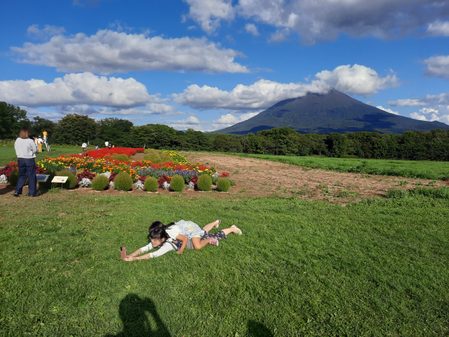
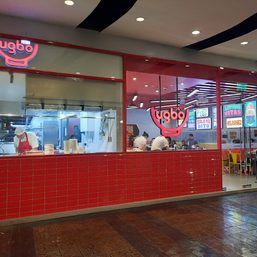



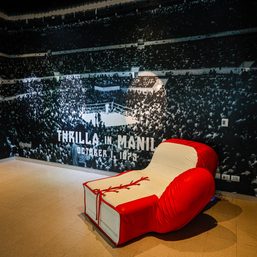
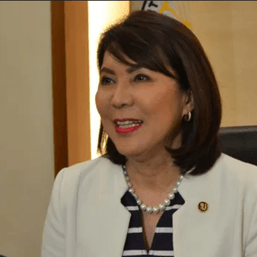
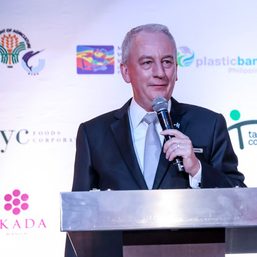
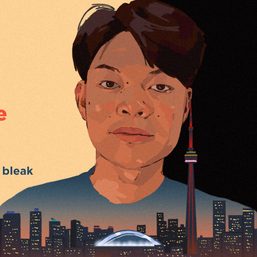
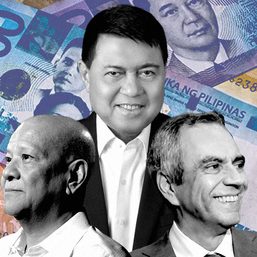
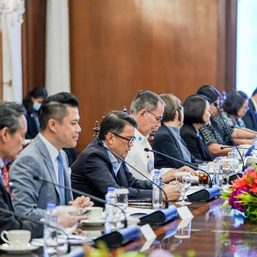

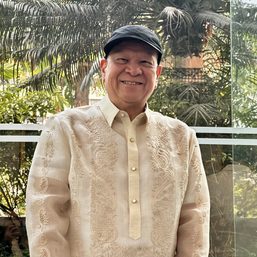
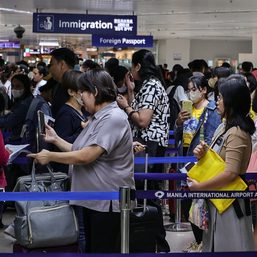
There are no comments yet. Add your comment to start the conversation.